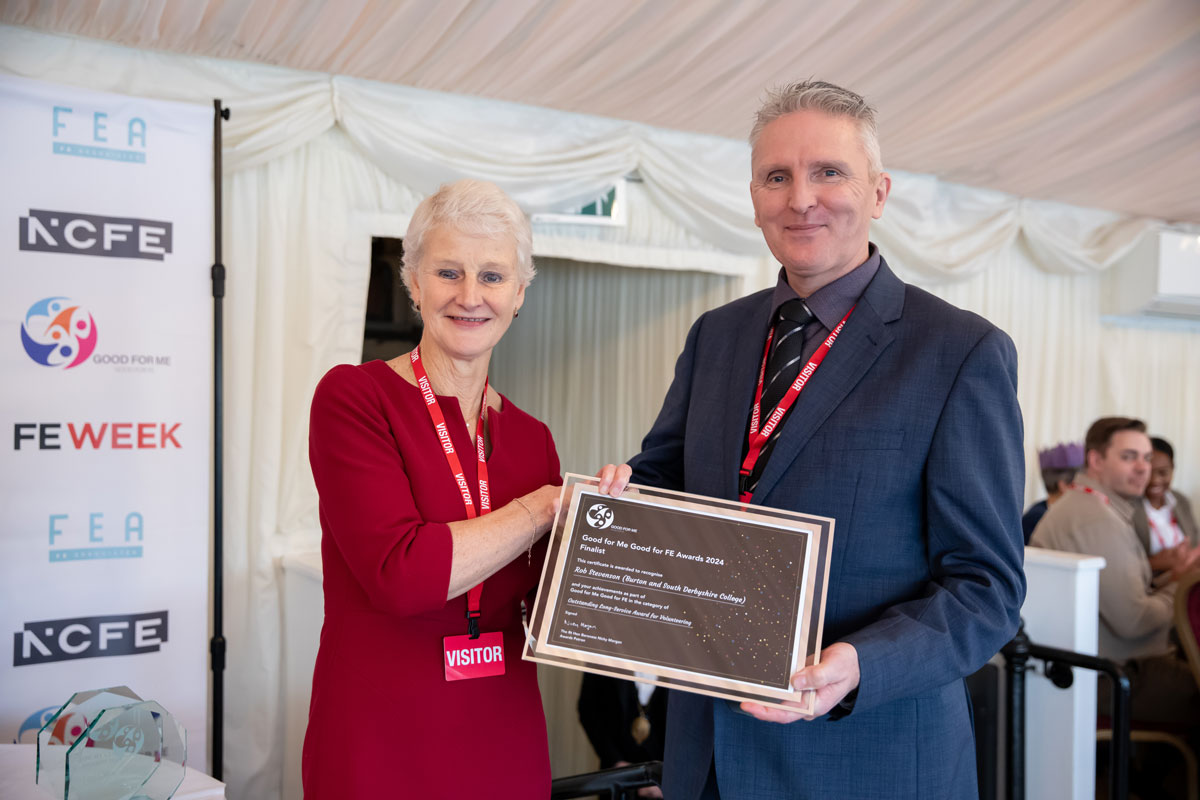Boost for student mental health as partnerships deliver improved access and range of support at universities

The Office for Students (OfS) has today published an independent evaluation of its Mental Health Challenge Competition (MHCC).
The £14.5 million programme, which ran from June 2019 to July 2022, was funded by the OfS, universities, colleges, and partners. Ten projects were funded, involving 25 universities and colleges and over 35 other partners, including healthcare providers, local services and mental health organisations.
The MHCC sought to deliver a ‘step change in mental health outcomes for all students’. The evaluation found that the programme achieved this in three key areas. It led to strengthened strategic partnerships between universities, colleges and local partners and NHS services. Services for students became better connected and more accessible. There was an improved range of preventative and proactive mental health support available to students.
Since the programme’s launch, the projects have reached over 19,000 students:
- Over 16,700 students have benefitted from support during their transition into further and higher education
- Over 2,300 students have benefited from access to new forms of mental health support from their university or college that were not previously available
- 373 students have been involved in activities that have shaped the design and implementation of the various projects.
One of the MHCC-funded projects was a partnership between the University of Northumbria, Jisc and other organisations, to use data to identify students who were potentially at risk of mental ill health and to intervene at an early stage to support them.
Another project saw the University of the West of England lead partnerships in five English cities to develop joined-up working between universities, the NHS and students’ unions. This created a toolkit for building effective relationships and identified the importance of student engagement in peer-led research and evaluation.
Chair of the OfS, Lord Wharton, said:
‘Supporting students in relation to their mental health is important if they are to achieve their full potential and be well equipped for a successful life after graduation.
‘Our evaluation shows that students have seen tangible benefits from these projects, including improved access to support and strengthened partnerships between universities and colleges and other organisations for more effective support.
‘Universities and colleges are demonstrating a clear commitment to make students’ mental health a priority, with 80 per cent of senior staff agreeing to do so. We are pleased to see commitments to continue funding projects beyond the OfS’s investment. We encourage all universities and colleges to draw on these projects to develop and share their own approaches to improve mental health provision for students.’
Professor Edward Peck, Student Support Champion and Vice-Chancellor of Nottingham Trent University said:
‘I welcome this evaluation of the Mental Health Challenge Competition. Poor mental health remains a significant barrier to student success and engagement, with too many students failing to continue or complete their studies due to the difficulties they face.
‘Since becoming the Higher Education Student Support Champion in June, I have been impressed by the projects funded under the MHCC and the collaborations that have been forged with health services in the wider community. These projects have demonstrated real innovation and determination by universities and colleges to identify solutions to these complex challenges. Over the coming months I will work with the OfS and partner institutions to highlight effective practice to ensure students are supported to reach their potential.’
The evaluation sets out recommendations for further work to improve support for students, including how higher education providers could do more to help students transition from further education, and guidance on applying these practices and tools in their own approaches.











Responses